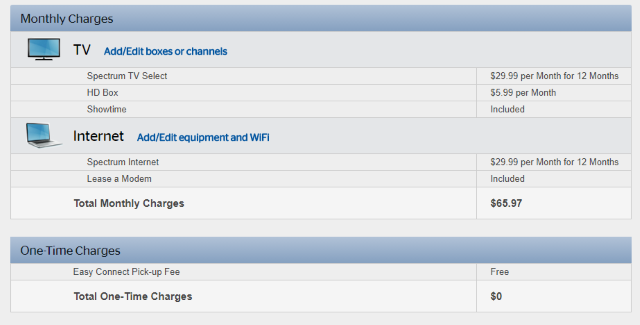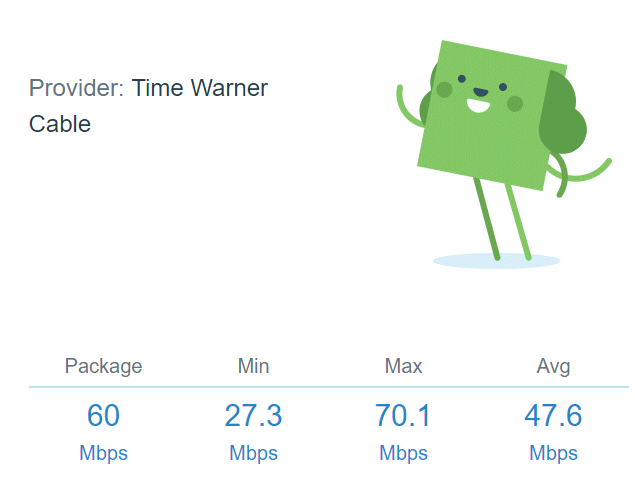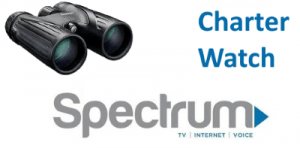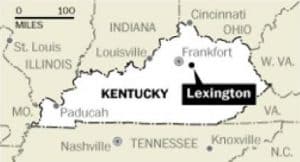 Charter Communications customers with Spectrum and Time Warner Cable packages in several parts of Ohio are being notified analog cable television is about to be switched off in favor of all digital, fully encrypted cable service starting in August, and that switch will cost some subscribers plenty.
Charter Communications customers with Spectrum and Time Warner Cable packages in several parts of Ohio are being notified analog cable television is about to be switched off in favor of all digital, fully encrypted cable service starting in August, and that switch will cost some subscribers plenty.
More than two million customers across the state are getting robocalls from Charter warning all cable-connected television sets must have a digital receiver attached by the time the switch takes place or they will lose television service.
“They only mention digital receivers, which is what Spectrum calls their basic set-top box,” said Charles Pierson, a Charter customer in Columbus who is still hanging on to his old Time Warner Cable package. “The recording doesn’t promote alternatives like a CableCARD, Roku or a digital adapter, which can cost considerably less than what Charter charges its legacy Time Warner customers for cable equipment.”
Pierson notes that because he has not abandoned his Time Warner Cable package, he faces a huge rate increase if he puts digital receivers on his three spare television sets that do not have boxes attached to them.
 “Charter really wants to gouge you off of your current plan and make you switch to a Spectrum plan, so they have told us that Time Warner Cable plan customers like us will pay $11.75 a month for each set-top box while Spectrum customers can qualify for free equipment for up to five years or, at worst, pay $4.99 a month. That means we have to pay more than double the price for exactly the same equipment.”
“Charter really wants to gouge you off of your current plan and make you switch to a Spectrum plan, so they have told us that Time Warner Cable plan customers like us will pay $11.75 a month for each set-top box while Spectrum customers can qualify for free equipment for up to five years or, at worst, pay $4.99 a month. That means we have to pay more than double the price for exactly the same equipment.”
For many customers, “free” equipment will not be an option. Charter usually only provides that promotion to customers who have never had a set-top box before or are on a qualified public assistance program. Charter’s customer service representatives are trained to urge Time Warner Cable legacy plan customers to walk away from them, offering the fact Spectrum plans charge lower prices for cable equipment. If that does not work, legacy customers like Pierson are told the price for each box is nearly $12 a month if they insist on keeping their current TWC plan.
Although written communications about the digital conversion from Charter mention the availability of poorly understood CableCARD technology as an alternative, only a tiny percentage of customers choose this option. Charter’s own support pages don’t help with “clarifying” information like this:
CableCARD customers subscribing to any service package in which Spectrum equipment is included in the package price may receive a discounted price, reduced by an amount equal to/greater than the fee for such equipment not leased from us. We lease CableCARDs for $2.00 per month per CableCARD for use in customer-owned retail CableCARD-ready devices. Our leased receivers also include either a CableCARD or integrated security inside the device. Our lease rate for cable boxes with CableCARD includes a $2.00 imputed charge for the included CableCARD.
Considering the fact CableCARD technology used by Spectrum does not support on-demand features, the majority of customers follow Charter’s recommended upgrade path to digital receivers or cancel service when they learn how much their bill is going up. Many will wait up to two hours in long lines at cable stores to manage either.
Charter customers facing a forthcoming digital conversion can skip the line in many areas and order digital receivers online from Charter to be delivered by mail. Visit spectrum.com/digitalnow or call 844-278-3408 to verify if you qualify. Delivery takes 3 to 5 days, with no delivery charge.
Customers can also bypass Charter’s equipment by placing Roku devices on spare televisions. The majority of Charter’s television lineup can be found in the Spectrum TV app in the Roku channel/app store.


 Subscribe
Subscribe









